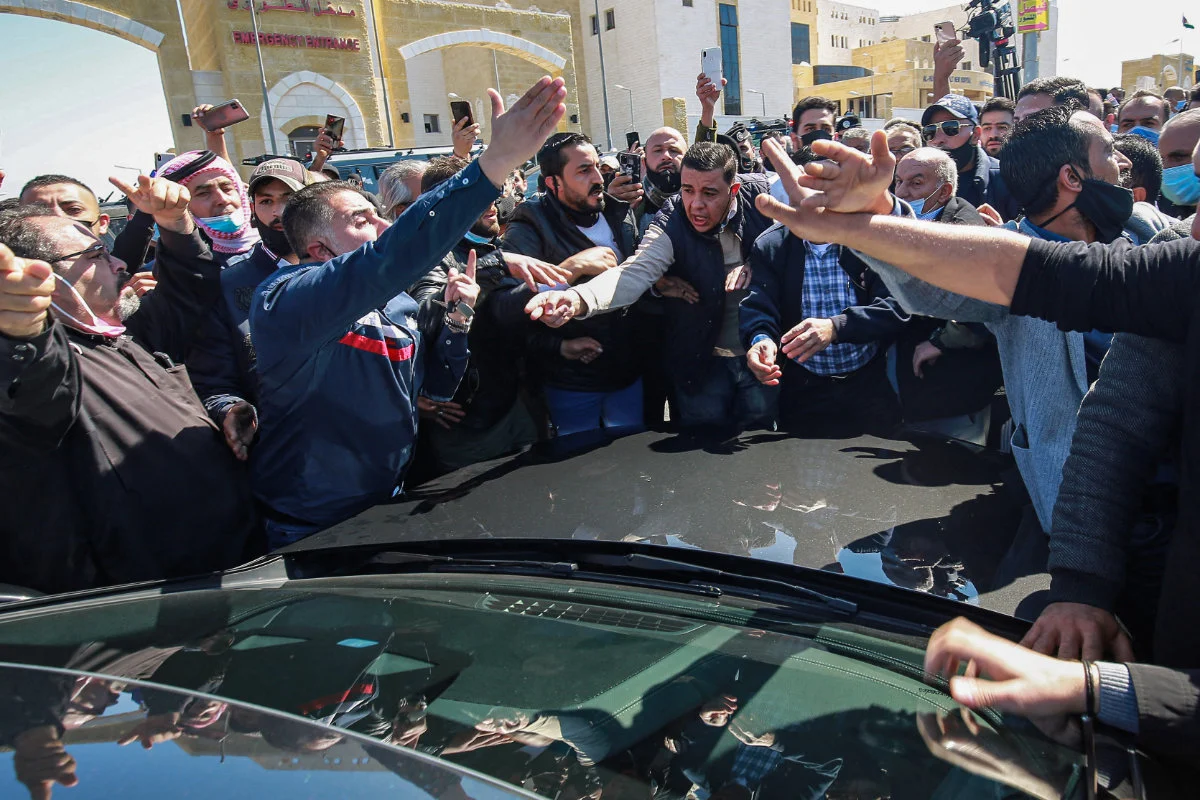Many breathed a sigh of relief when 2022 drew to a close, marking the conclusion of 12 months of post-pandemic fatigue, geopolitical tension and global economic instability, to name but a few of the past year’s challenges.
One result of the year’s volatility and upsets is the pervading sense of anger coursing through societies, fed up with the litany of back-to-back crises — solutions for which appear to evade governments and global institutions.
The Arab world has been no exception. Three Middle Eastern countries ranked among the world’s angriest in Gallup’s latest annual Global Emotions Report, owing in large part to a rage-inducing mixture of socio-economic pressures and institutional failings.
Just as the world economy appeared to be recovering from the lockdowns, supply-chain disruptions and travel bans of the COVID-19 pandemic, the war in Ukraine sent inflation spiralling, with rising food and fuel prices falling heavily on the world’s poorest.
Add to this the corrosive effects of political instability, corruption and suspected climate change, and the past year unsurprisingly proved to be a period of mounting anxiety, frayed tempers and violent unrest for millions worldwide.
In the Middle East and North Africa, where price fluctuations, climate shocks and protracted political crises have been keenly felt, Gallup’s polling found public anger is widespread and growing — a development experts say regional governments ought to take seriously.
Gallup first began tracking global unhappiness in 2006 with a methodology based on nationally representative, probability-based samples among the adult population, aged 15 and above, collected from 122 countries.
It found that negative emotions — the aggregate of stress, sadness, anger, worry and physical pain — reached a record high last year, with 41 percent of adults globally saying they had experienced stress the previous day.
Furthermore, these negative emotions appear to be growing, with 2021 displacing 2020 as the most stressful year in recent history.
In the past decade, the Arab world has been roiled by mass protests, regime collapse, corruption, scandals, wars and mass migrations, disrupting regional priorities and internal dynamics.
In the latest Gallup Global Emotions Report, Lebanon topped the list for the highest share of respondents — 49 percent — reporting feelings of anger the previous day.
Since 2019, Lebanon has been in the throes of its worst-ever financial crisis, which has wiped 95 percent off the value of its currency and left much of the population subsisting below the poverty line.
Meanwhile, with its parliament in paralysis and unable to elect a new president, the country has failed to implement essential structural reforms to address institutional corruption and alleviate the suffering of its people.

